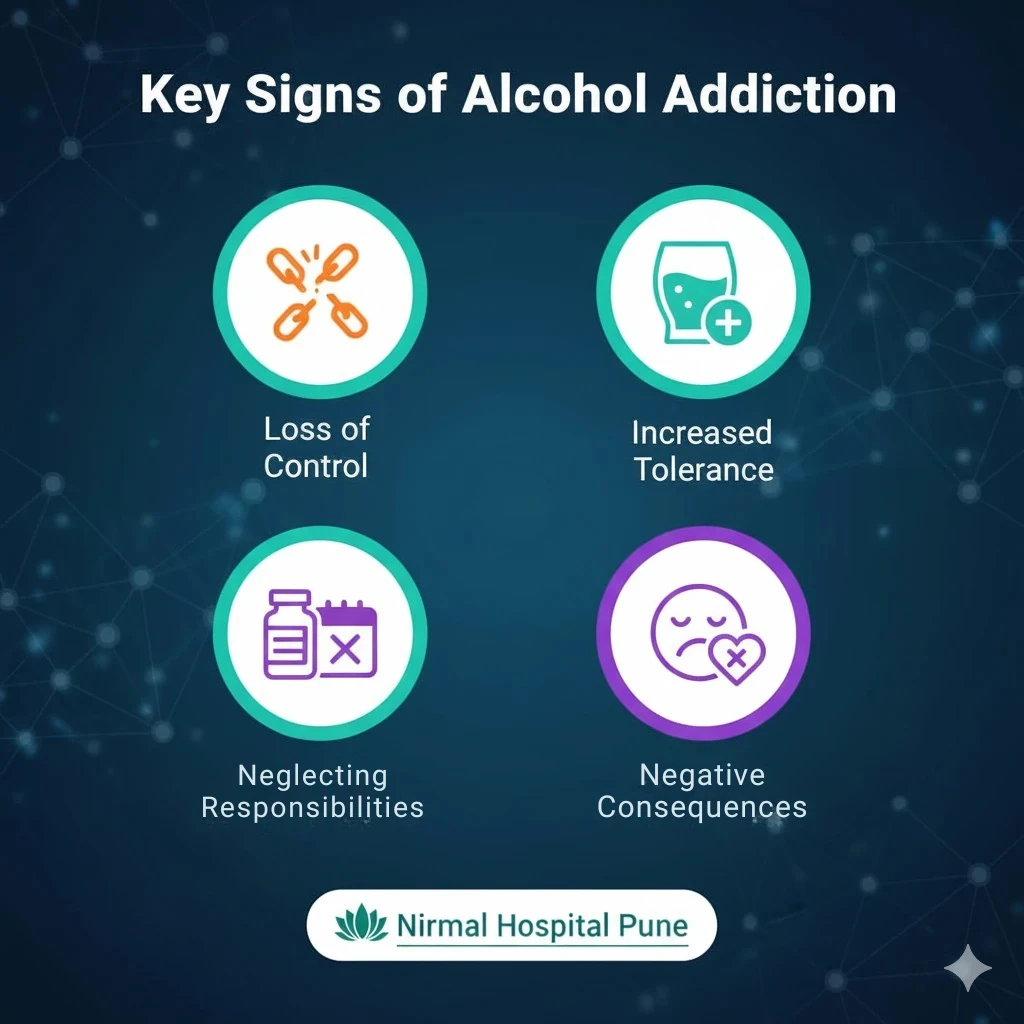Completing a program at an alcohol rehabilitation centre is a monumental achievement. It marks the beginning of a new chapter, one filled with hope, clarity, and the promise of a healthier future. However, for many, leaving the structured support of a rehab facility is accompanied by a significant fear: the fear of relapse. This concern is valid and very common. The transition back to daily life comes with triggers, pressures, and challenges that can test a person’s resolve.
Understanding that relapse is a risk—but not an inevitability—is the first step. The key to long-term sobriety lies in preparation, strategy, and knowing that a strong support network is always within reach. This guide is designed to solve that problem, offering practical strategies to build a resilient, sober life after rehab.
Why Does Relapse Happen? Understanding the Triggers
Relapse isn’t a sign of failure or a lack of willpower. It’s often a response to predictable triggers that weren’t adequately managed. To prevent it, you must first understand its causes. For a deeper look, you can review our post on why understanding alcohol rehab is key to recovery. Common triggers include:
Emotional Triggers: Stress, anxiety, anger, and depression are powerful drivers. Without healthy coping mechanisms, turning back to alcohol can feel like an easy escape.
Social Pressures: Returning to social circles where drinking is the norm can create immense pressure. Friends or family who don’t understand your recovery journey may unknowingly encourage a relapse.
Environmental Cues: Visiting a place you used to drink, seeing certain people, or even specific times of day can trigger intense cravings. These cues are often subconscious and powerful.
Building Your Relapse Prevention Plan Before You Leave
The best time to plan for life after rehab is while you are still in it. A good treatment program doesn’t just focus on stopping the drinking; it prepares you for what comes next. As we explain in our guide on professional support in recovery, this preparation is a core part of the process. Your relapse prevention plan should be a written document you create with your counsellor, detailing:
- Your Personal Triggers: A specific list of the people, places, and feelings that are most likely to make you want to drink.
- Healthy Coping Strategies: What you will do when you face a trigger. This could be calling a sponsor, going for a run, practicing mindfulness, or engaging in a hobby.
- Your Support Network: A list of names and phone numbers of trusted family, friends, and support group members you can call in a moment of crisis.
- A Plan for High-Risk Situations: How will you handle an upcoming wedding, a stressful work project, or a holiday party? Planning your response in advance removes the guesswork.
A Network of Support Across Maharashtra
One of the biggest challenges after leaving rehab is feeling isolated. Knowing that professional help is accessible, no matter where you are, can make all the difference. At Nirmal Hospital, we understand that recovery is an ongoing journey, which is why we have a network of support across the region. Whether you need follow-up counselling, a support group meeting, or simply a safe space to talk, help is nearby.
Our commitment to your long-term sobriety extends to our facilities, including our rehabilitation centre in Kolhapur and the best alcohol rehabilitation centre in Sangli. For those in major metro areas, our alcohol rehabilitation centre in Mumbai offers the same high standard of care and aftercare planning. This network ensures that a continuum of care is always within reach, providing a crucial safety net during your recovery journey.
Embracing Your New Sober Life
Preventing relapse is also about building a life you don’t want to escape from. Recovery gives you the opportunity to rediscover who you are without alcohol. This is your chance to:
- Find New Hobbies: Explore activities that bring you joy and fulfillment, whether it’s sports, art, music, or volunteering.
- Prioritize Your Health: Focus on good nutrition, regular exercise, and consistent sleep. A healthy body supports a healthy mind.
- Practice Mindfulness and Gratitude: Techniques like meditation can help you stay grounded in the present moment and appreciate your progress.
The road to recovery is a lifelong journey of growth. There may be challenges, but with a solid plan, a strong support system, and a commitment to your well-being, you have the power to build a fulfilling and lasting sober life.
If you are ready to begin your recovery or need help strengthening your relapse prevention plan, contact Nirmal Hospital today. Our compassionate team is here to support you every step of the way.









Leave a Reply